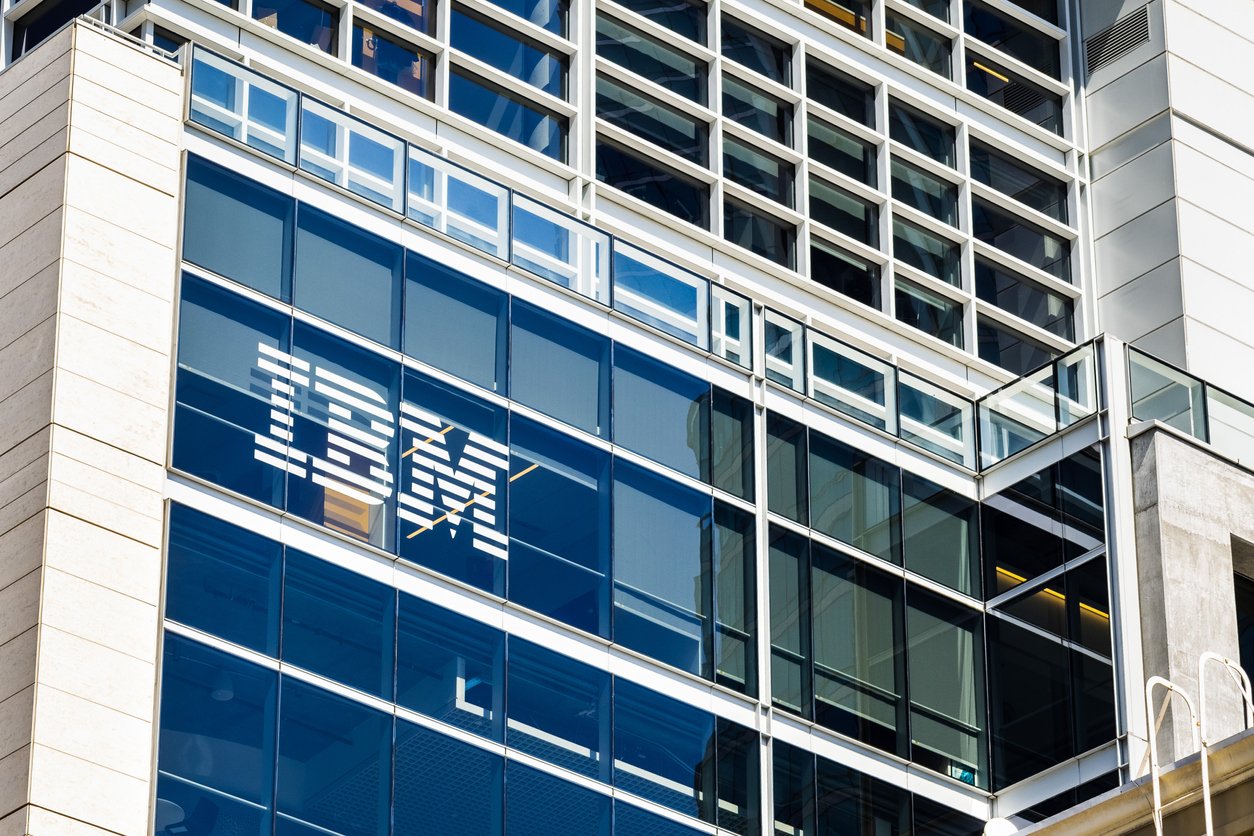
Employer accused of failing to cover expenses necessarily incurred following stay-at-home order

Just because employees incurred necessary business expenses at home during the COVID-19 lockdown, this did not change the employer’s obligation to reimburse them for such expenses, the California Court of Appeal said in a recent case.
The plaintiff in this case was a direct employee of IBM. He required internet access, telephone service, a telephone headset, a computer, and related accessories for his work duties. IBM presumably provided its workers such items in its offices.
Read more: IBM pauses hiring for roles – including HR – that could be replaced by AI
On Mar. 19, 2020, California’s governor issued an executive order requiring residents to stay at home amid the COVID-19 pandemic, subject to some exceptions. In line with this issuance, IBM directed its employees to work at home.
In December 2020, an Experis employee sued his employer under California’s Private Attorneys General Act (PAGA) on behalf of the state’s Labor and Workforce Development Agency and other aggrieved employees. Later, he added IBM as a defendant because it and Experis were allegedly joint employers. The plaintiff joined the case as an additional PAGA representative.
The employees alleged violations of section 2802(a) of California’s Labor Code, which required an employer to reimburse an employee for all necessary expenditures that the employee incurred as a direct consequence of discharging their duties.
The employees asked for penalties for IBM’s alleged failure to reimburse employees for work-from-home expenses necessarily incurred following the stay-at-home order. In response, IBM filed demurrers. The trial court granted the demurrers and ruled in IBM’s favor.
The plaintiff failed to allege that IBM’s work-from-home instructions to employees independently and directly caused the employees to incur necessary business expenses, the trial court reasoned. Since IBM was responding to government orders, there was an intervening cause for the expenses, the trial court added.
This intervening cause negated direct causation and absolved IBM from liability for reimbursement under section 2802(a), the trial court explained.
In the case of Thai v. International Business Machines Corporation, the California Court of Appeal for the First District reversed the judgment of the trial court, which was found to be inconsistent with the plain language of section 2802(a).
Section 2802(a) expressly required an employer to reimburse an employee for all expenses that were a direct consequence of the discharge of the employee’s duties, the appellate court said. The section allocated the risk of unexpected expenses to the employer, which was in line with the legislature’s intent when it adopted that law, the appellate court added.
The employer’s obligation did not depend on whether the employer made an order that was the proximate cause of the expenses, the appellate court noted. Instead, the obligation turned on whether the expenses were actually due to the performance of the employee’s duties, the appellate court explained.
“It may be true that the Governor’s March 2020 order was the ‘but-for’ cause of certain work-from-home expenses, but nothing in the statutory language can be read to exempt such expenses from the reimbursement obligation,” wrote Justice Mark Simons for the appellate court.